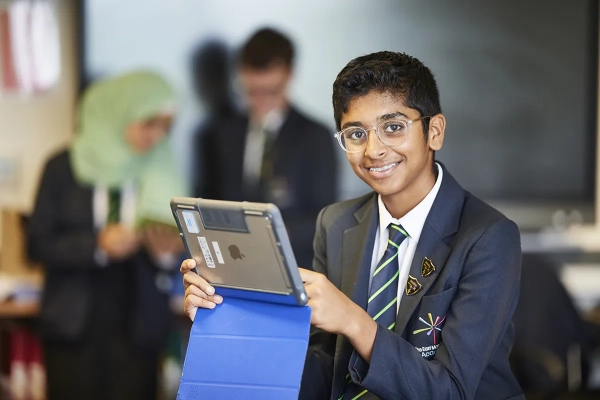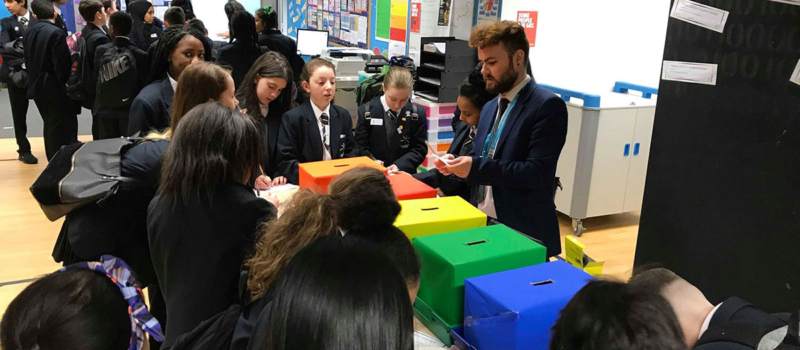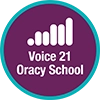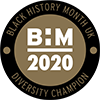We aim to enable our students to become effective users of technology, and expose them to the wide range of opportunities both locally and nationally for a digitally skilled workforce. We encourage them to establish positive working habits that will support them through school and beyond.
Head of Faculty
Mr S. Berne (s.berne@temac.co.uk)
Curriculum Overview
Across Key Stage 3 we aim to enable our students to become effective users of technology by providing a range of opportunities to solve problems, control and manage computer systems, work and organise themselves electronically as well as understanding the legal and ethical implications of using technology in today’s society.
We also aim to expose them to the wide range of opportunities locally and nationally for a digitally skilled workforce and encourage them to establish positive working habits …. beyond school.
Across Key Stage 3 our Students should Learn
Computer Science
- To use computational thinking to solve problems and make things for a purpose
- About computer hardware, operating systems and how computers process data
- How to create algorithms to represent solutions to problems
- To create computer code in a range of languages
- That different techniques can be used to make computer code more efficient including loops, variables, IF statements and logic operators
Digital Literacy
- What the cloud is and how to utilise cloud services
- To be proficient in using a range of digital online/offline applications
- To understand how to use select appropriate digital tools to achieve a solution and present work for a range of audiences
- To create computer models
- How to find information effectively in the digital world and assess its reliability
Digital Creativity
- To express their creativity in a range of digital settings and applications
- To consider target audience when presenting work
- How to work towards a set of client requirements
- The importance of working independently as well as when collaborating with team
Digital Citizenship
- To be responsible when using social networks, technology and other online tools
- To understand the possible dangers they can face online
- How to deal with situations they may encounter online
- To understand the impact ICT has on their lives and the world around them
- How to recognise ethical issues surrounding the use of information technology
- The existence of legal frameworks governing the use of technology
- Why their personal data is important and understand their rights and responsibilities in relation to data privacy and consent





















